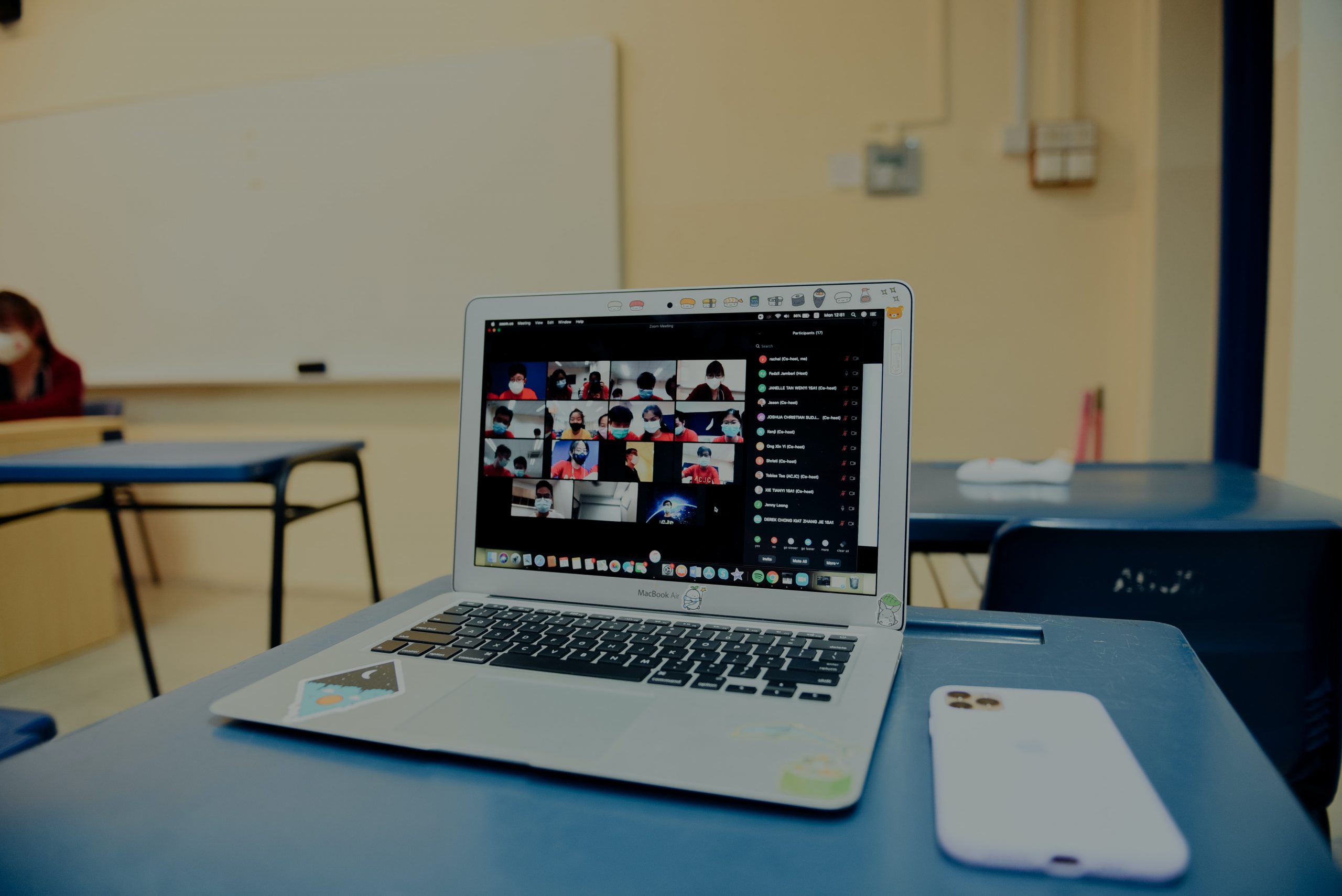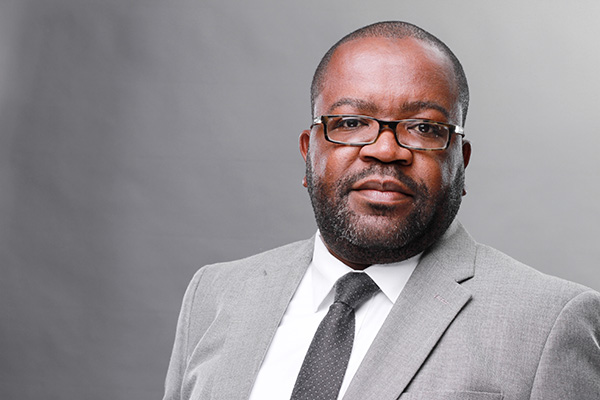Death of Expertise in Online Education

Experiencing education (directly or indirectly) during COVID does not make one any more of an online education expert than going through a storm makes one a meteorologist. Recently, I have been reading too many things about how online education started because of COVID and how COVID revolutionized digital learning, etc. Often these texts come from fields that have ignored or looked down upon online education for many years. Some were caught wholly unprepared and seemingly too proud to ask those who have been studying and generating scholarships in this area for decades.
What set online education back was not COVID-19. I posit that what set it back and continues to is the lack of recognition of the expertise of countless experts with training in Instructional Design, Learning, Design and Technology, Learning Science, and other Educational Technology-related qualifications. What set us back was the new explorers who discovered something that had already existed for years. This is similar to European explorers, who discovered places where people already lived (yes, I know I am digressing here, but Indigenous People’s Day is coming up, and I get a bit testy around this commemoration – but that’s a blog post for another day).
Where was I….What held us back and will continue to hold us back is a chorus of “online learning has failed dismally” from people who never bought into the method in the first place. Hence, using COVID as selective evidence to support an already established position. Don’t get me wrong, we all terribly messed up education during covid. Many gains have been erased, and we have produced a generation of learners that will play catch-up for years to come. The loss has impacted learners and educators alike at all levels of education and across all cultures. It’ll have a domino effect across all living spaces and all industries. And perhaps that’s why there is a need to find blame. It is clear that COVID-19 is not the first nor will it be the last such situation. As humans continue to abuse the earth, encroach on wildlife, and modify nature, I believe we will again experience an emergency that will necessitate mass shutdown (now I am being a hypocrite here, venturing into domains I have no expertise in). Moreover, we have many contexts around the world where learners cannot attend classes in person (i.e., war zones). Hence, we must figure out how to provide education in emergencies.
We need to ensure that people get a better understanding of what teaching and learning online are about. Everyone needs to know this for a few reasons:
- Teaching and Learning Online is not going away, no matter how many say it is a failure.
- Since it is not going away, we need to prepare everyone so they can know effective strategies and be able to support
- We have shown (yes, during COVID) that there are successful cases, and many students have tasted the flexibility that virtual and distance learning offers. Universities, particularly, will not be able to take this away. If I could produce videos and record lectures during the pandemic that students enjoyed and found useful, going back to not doing this would be impossible. I hear colleagues lamenting that students still ask for these things even though classes are back face-to-face. Ok, maybe it is possible, but removing this flexibility has consequences.
Now is not the time to go back to normal.
I have a hard time accepting that we are now going back to normal. I don’t think normal exists, and I am not sure I want to return. For example, the losses of human life we suffered cannot be reversed. So, I hope we focus more on the lessons learned and how we can apply them to benefit the future. Of course, one can write books on these lessons, so let me suggest a few things we can do related to online education.
- Those of us with expertise in this area must more than ever embrace our public sociologist duties. Rather than only getting frustrated when people confuse online learning with emergency remote teaching, we must educate and speak up across public channels, not just in our echo chambers of journals and conferences.
- Other fields writing about how learning during COVID impacted them and their students must do more diligence and self-educate on the field. There is no valid reason, and it is utterly irresponsible for any scholar to proclaim that online education is a new phenomenon resulting from COVID. A quick search using your favourite search engine will provide hundreds of thousands of writings from around the world showing that online education, online teaching, and learning have been around for a long time.
- Lastly, we need to include teaching and learning with technology as a core competency in education systems. This is not only in case of another emergency but because we should encourage lifelong learning even when one is no longer in formal schooling. Any university with a teaching program is doing a disservice if preservice teachers, especially, are allowed to graduate without training in teaching online.
I end where I started on expertise. The book Death of Expertise by Tom Nichols is an excellent read on how we have degraded what it is to be an expert in favour of ‘well that’s your opinion’ or that everyone has the right to say something on anything regardless of what they know. Yes, freedom of expression is a right we all should enjoy. But to paraphrase a certain superhero, that freedom comes with responsibility. We’ve indeed had many educational challenges due to the pandemic, many of which relate to online education that need to be addressed. So, let’s address them. My post here is more directed at those entrusted with producing knowledge through their work. The bar here must be higher. If you are writing for publication, you are not just in accurately calling online education a failure or saying it is something new; you are doing damage and are being irresponsible.


This is excellent piece worthy of widespread readership in the Washington Post, NYT, or The Atlantic editorial pages.
This blog capitulated the subject matter in a profound manner even though confusing with its title…. It is a profound reasoning!
Initially I didn’t get the idea behind the title of this blog post until you made reference to Tom Nichols’ Death of the Expertise. I see the analogical sense.
From the Namibian experience regarding perceptions of online learning during and post-Covid, I can relate to your central argument. Educators and students alike went online out of necessity, and thus see online leaning post-Covid as a go-to practice under extraordinary circumstances. We have educators abandoning online or at least blended teaching when life normalised. The issue with this view is that gains acquired are not built upon and thus progress from ERT to planned and structured online teaching may not be attained. Thus your call for experts in this field to hit the iron while it’s hot and take advantage of the receptivity of policy makers, educators and students alike is of paramount importance.
I would conclude that, aside from the challenge of having all thinking that they are now experts of online learning, educators who were thrusted into the practice of online teaching would still offer valuable insights into the field when LD/ID practitioners do research. Their “virgin” and “uneducated” views stemming from their recent experiences can spark innovation as they may offer new ideas that may not have made their way into research circulation prior.
Good post.